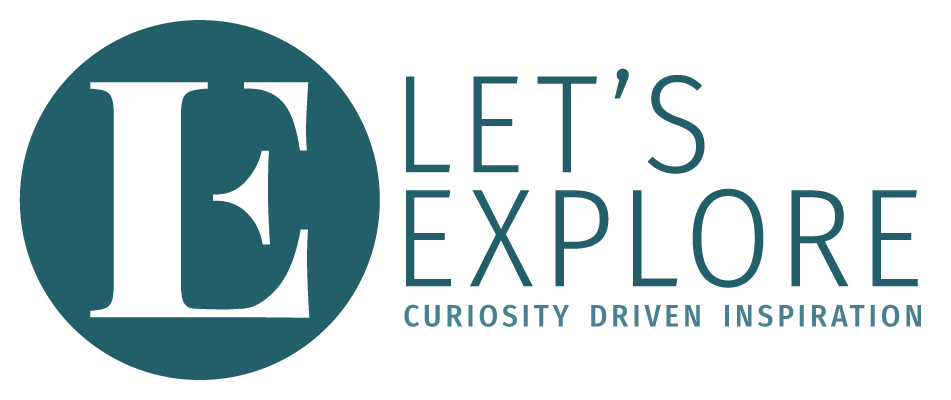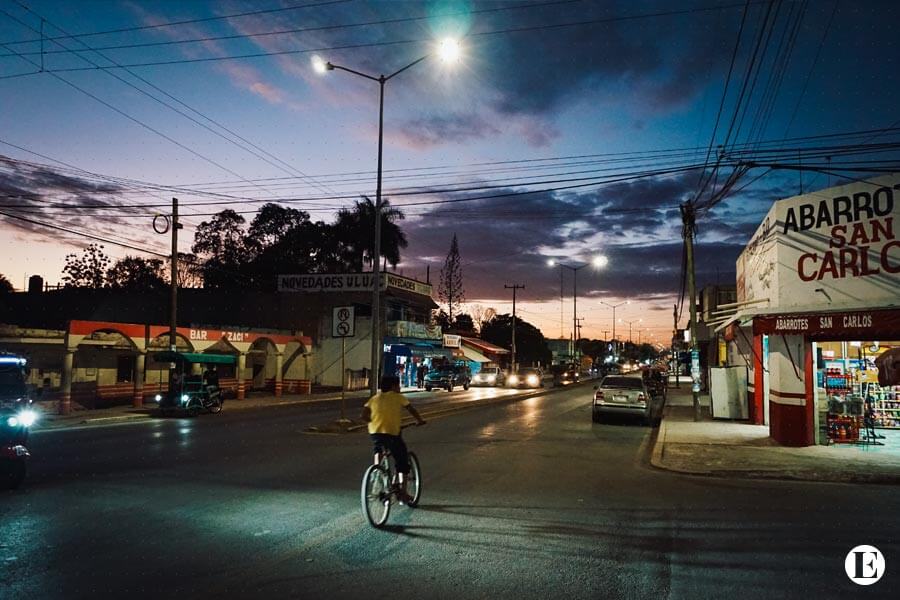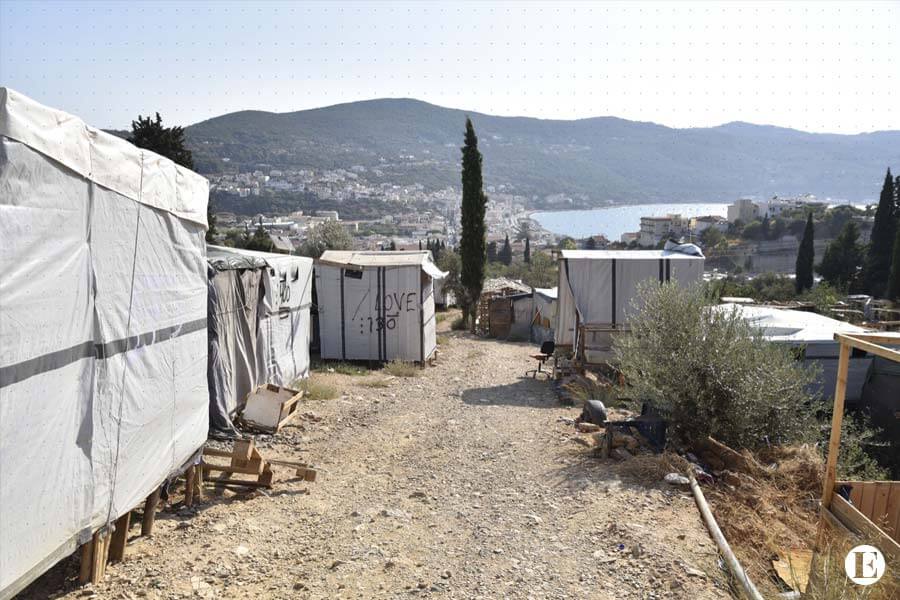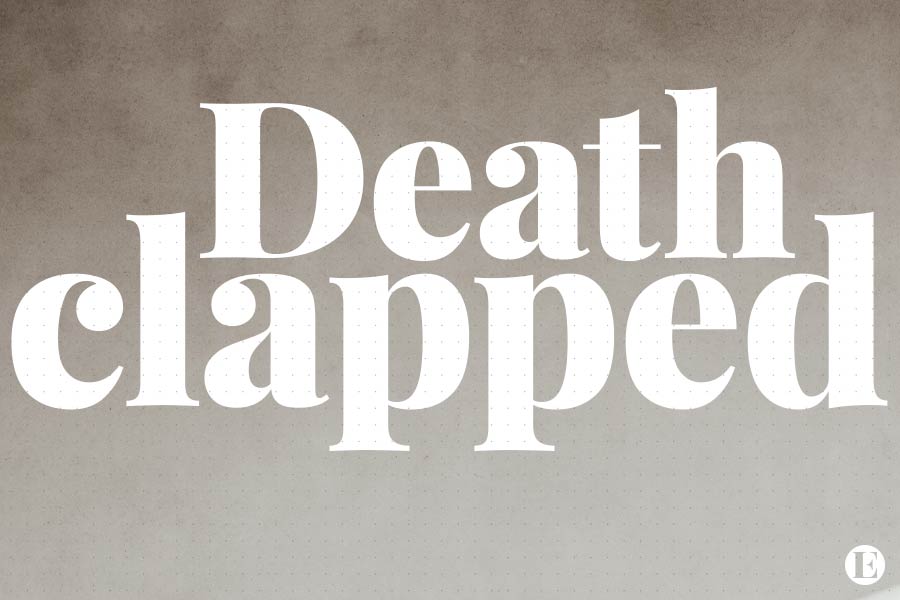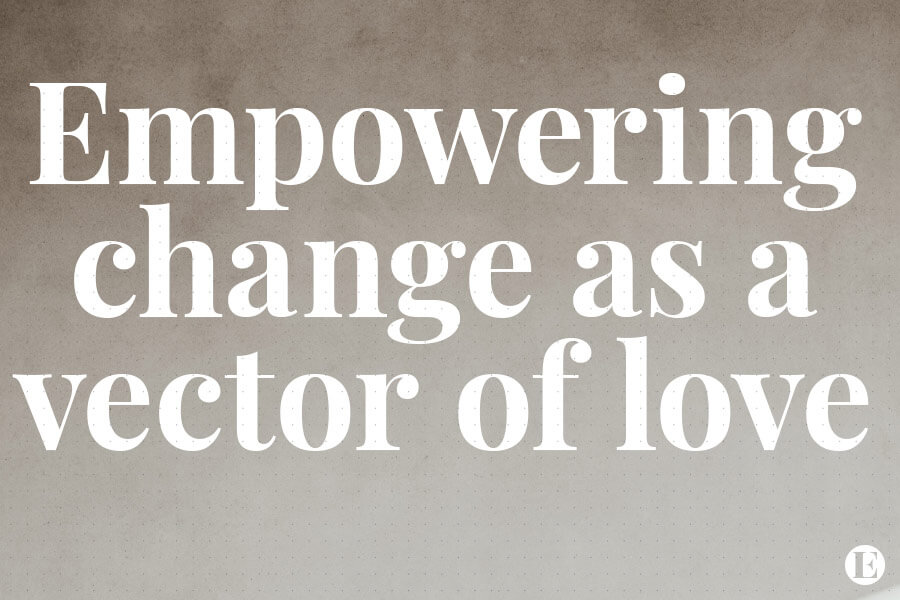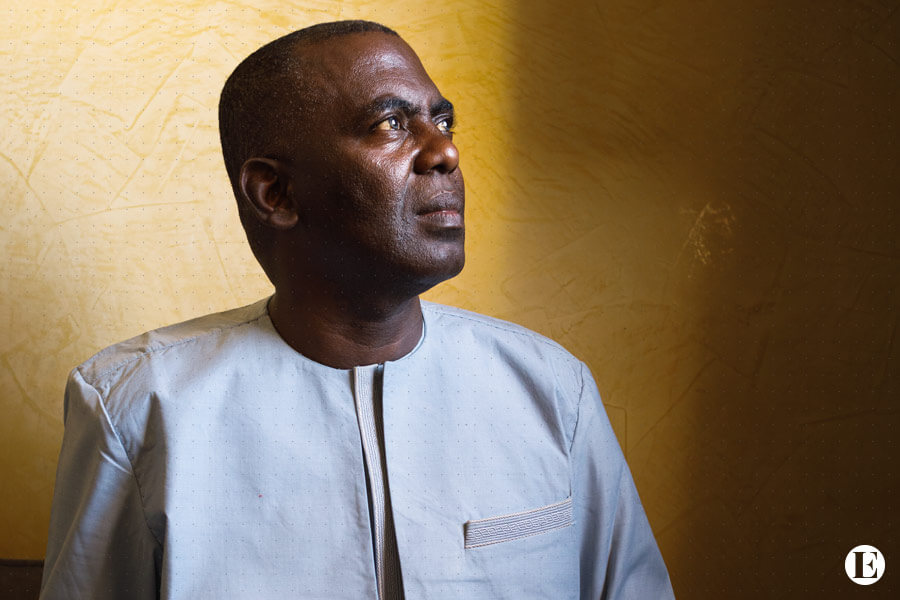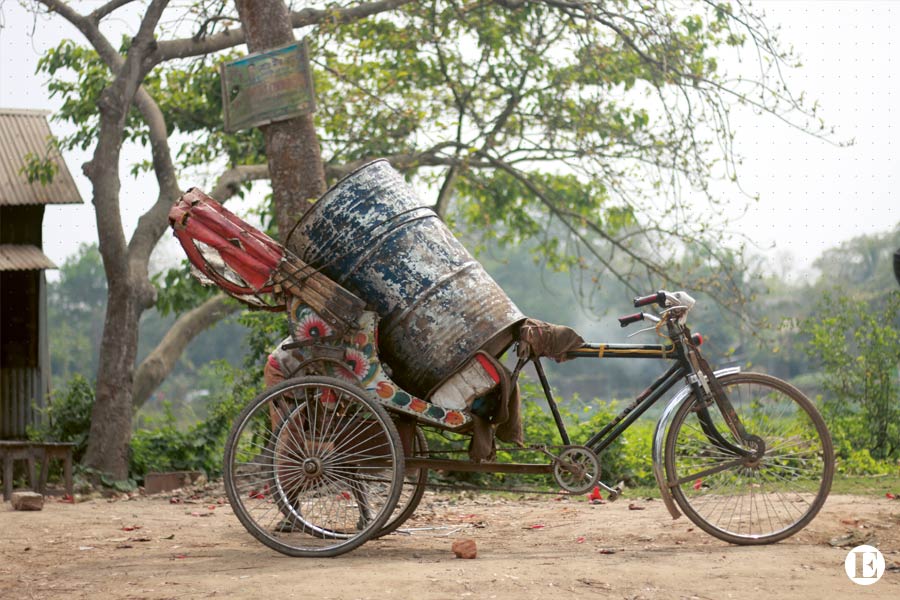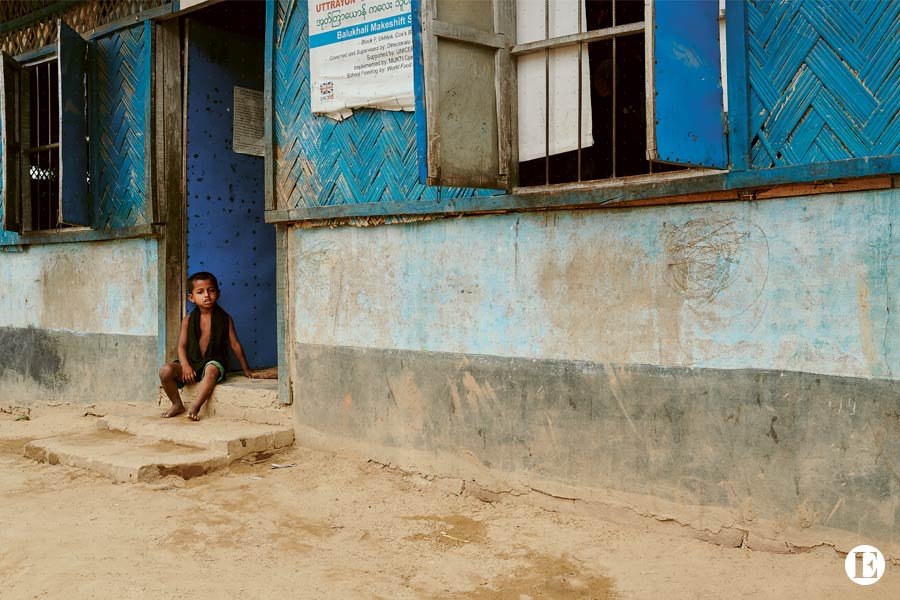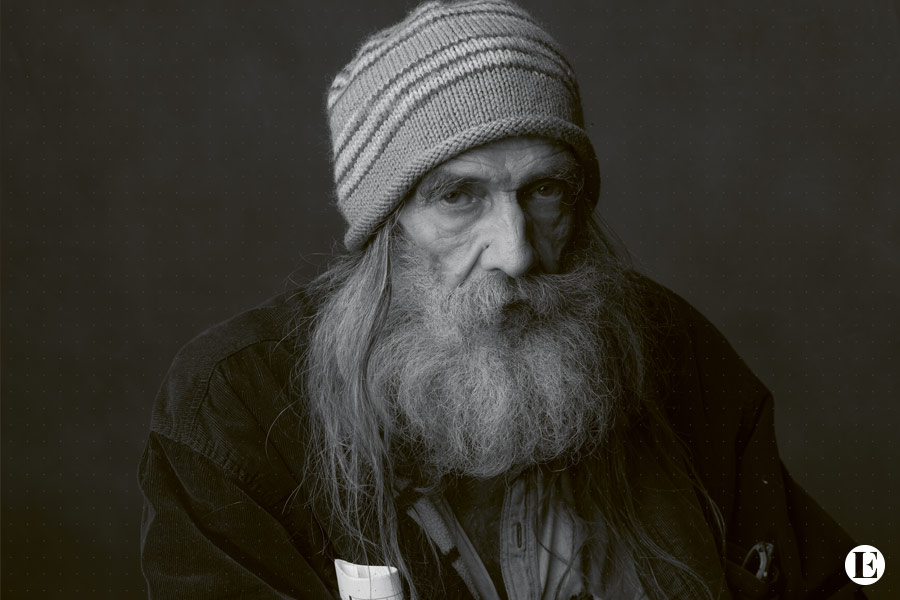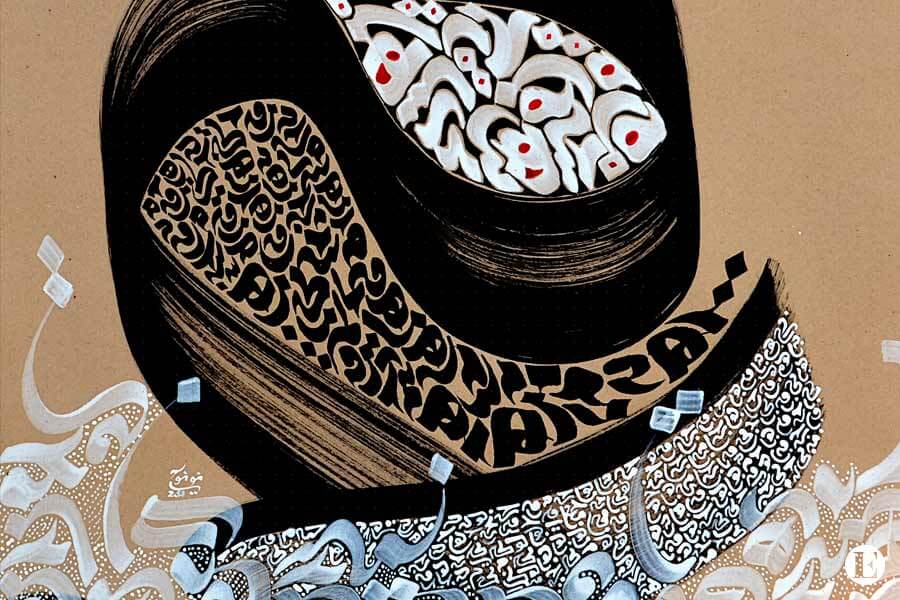Let's Explore Empowerment with NATV (Jesse van ‘t Hull & Javier Perroud) and Raki Ap


When Language becomes Power, Culture becomes Resistance
The extent of the power casted by Language is far greater than it seems. Language is our way to shape thoughts, to make the intangible tangible; symbols and signs which create the semiotic ground for social beings to understand each other. Language sets the way we see the world. Over time, it alters our reality and that of the people around us, over time, through its repeated use it supersedes us – it is, then, guiding the rules of what we call reality. Within said rules, we can get but a glimpse of the vastness of cultural and social values that lie dormant and dictate our behavior.
Biography
NATV is a broadcaster and creative agency sharing Indigenous perspectives and supporting Indigenous creators & organizations working on decolonization and positive change. NATV is a subsidiary of The Sinchi Foundation. The essay How language shapes reality has been written by Editor in Chief at NATV Jesse van ‘t Hull and producer Javier Perroud. The second part of their contribution – Changing the System by Changing the Narrative – has been written by Raki Ap. A political exile from West Papua and civil servant at the Ministry of the Interior in the Netherlands. He is well-known in the climate and anti-racism movement. He inspires people in guest lectures & conferences and during demonstrations he introduces people to the Indigenous perspective. He makes tangible how climate change, racism and inequality are related and how these problems can be solved.
Marginalia
Kimberlé Williams Crenshaw is known for the introduction and development of intersectionality, the theory of how overlapping or intersecting social identities, particularly minority identities, relate to systems and structures of oppression, domination, or discrimination. Explore Further
Read this to further understand how intersectional privilege and oppression works.
Much is written about one’s own identity and the identity of society, and most of the thinking and work on these topics is done by people of colour. A good place to start is “Decolonising The Mind: The Politics Of Language In African Literature”, by the Kenyan novelist and post-colonial theorist Ngũgĩ wa Thiong’o. He sees language, rather than history or culture, as the enabling condition of human consciousness: “The choice of language and the use of language is central to a people’s definition of themselves in relation to the entire universe.”
About the unconscious perception of skin colour and identity, read (in Dutch): ‘Hallo Witte Mensen’ by Anousha Nzume, and ‘Wit Is Ook Een Kleur’ by Sunny Bergman.
The groundwork thinking on the Myth of Scarcity is done by Frances Moore Lappe and Joseph Collins in ‘Food First: Beyond the Myth of Scarcity’.
Read more about how land rights for Indigenous communities is the best way of environmental protection in this UN report.
Read more about United Nations Declarations of the Rights of Indigenous Peoples (UNDRIP) and the obstacles in implementing it here.
